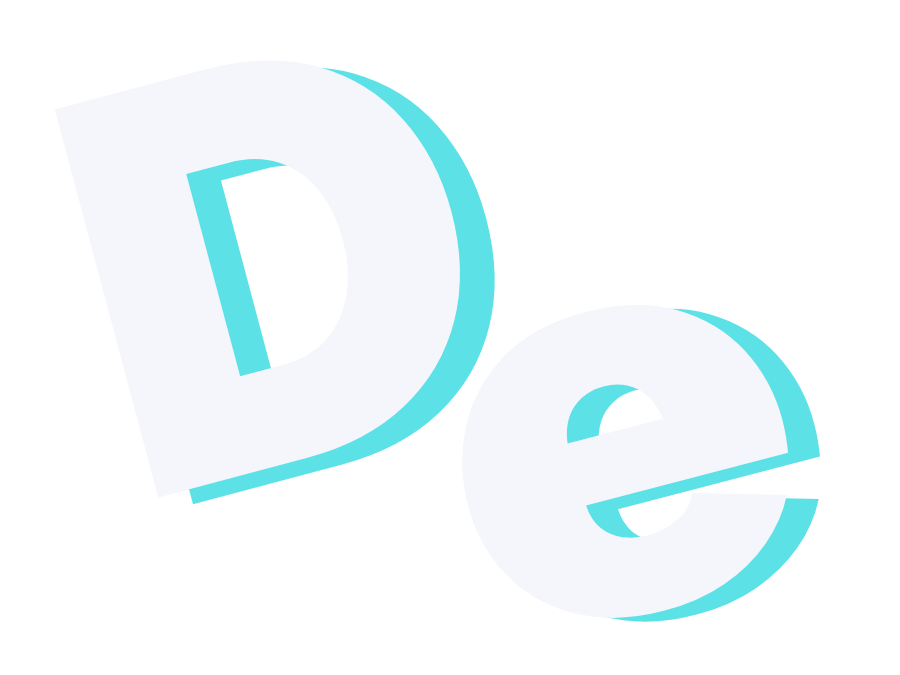
Planning for retirement and saving early might not be the flashiest financial topic, but it’s one of the most critical discussions to have in today’s economic landscape. Think of it as an investment in your future freedom.
No matter where you are in your financial life, whether fresh out of college or well into your career, creating a sound retirement strategy can set you up for years of stability and comfort.
This blog dives deep into why early planning matters, what tools and strategies you can use, and how you can position yourself for financial success during your golden years.
Why Start Saving Early?
Time Is Your Greatest Asset
The earlier you start saving, the more you can leverage compounding interest to grow your retirement fund. For example, investing even small amounts in a 401(k) in your 20s can significantly outperform larger contributions started in your 30s or 40s due to the additional time for growth.
Consider this scenario: If you save $200/month starting at age 25 with a modest return rate of 7% per year, your retirement savings at age 65 could exceed $500,000. Compare that to starting at age 35, where your total would not even hit $250,000 for the same contribution. The earlier, the better!
Peace of Mind for Future Security
Saving early doesn’t just create financial wealth, it provides emotional stability. Building a secure future means knowing you won’t have to compromise on your lifestyle when you retire.
Plus, you’ll avoid the stress of needing to “catch up” later in life when other financial commitments like mortgages or tuition payments might limit what you can save.
Exploring Your Retirement Options
Retirement planning isn’t one-size-fits-all, it’s about understanding the options available and choosing what fits your goals. Here’s a breakdown of popular retirement savings tools and accounts you can utilize today.
401(k) Plans
Many employers offer 401(k) plans to help you invest for retirement while reducing your taxable income. With most plans, employers often offer matching contributions, which are essentially free money.
Take advantage of this benefit by contributing enough to qualify for the match, it’s one of the easiest ways to fast-track your savings.
Individual Retirement Accounts (IRAs)
For those without access to an employer-sponsored plan like a 401(k), IRAs offer a flexible and tax-advantaged option. You can choose from traditional IRAs (offering immediate tax deductions) or Roth IRAs (providing tax-free withdrawals in retirement).
Pensions and Government Programs
While pensions have become rarer in the private sector, if you’re in a profession offering them—like teaching or public service, view it as an additional financial cushion.
Meanwhile, Social Security often acts as a supplemental income source, but it’s crucial not to rely solely on government programs for your retirement needs.
The Power of Diversification
Why Diversify Your Investments
Putting all your eggs in one basket is risky. Your retirement portfolio should include a mix of stocks, bonds, and other avenues that fit your risk tolerance and goals. Stocks typically deliver high returns over time, while bonds add stability.
Don’t Forget Emergency Savings
While focusing on retirement is essential, having an emergency fund is just as critical. This fund ensures you won’t dip into your retirement savings in case of unexpected expenses like medical bills or car repairs.
Retirement Planning and Lifestyle
Align Your Savings with Your Ideal Retirement
Ask yourself these key questions:
- Where do I want to live during retirement?
- What kind of lifestyle do I envision, traveling, hobbies, family time?
- Will I want to continue working part-time or volunteer?
The answers to these questions should drive how much you need to save. A minimalist retirement in a rural area will have different financial requirements than a travel-heavy lifestyle in a high-cost city.
Stay Consistent and Review Regularly
Life changes, and so do financial goals. Your retirement plan shouldn’t be static—review it regularly and adjust your savings contributions, investments, and goals as circumstances evolve.
Leveraging Expert Guidance
The Role of Financial Advisors
Navigating the complexities of retirement accounts, tax management, and investment strategies can be daunting. Consulting with financial advisors can help tailor a plan to suit your individual goals and mitigate risks.
Benefits of Financial Literacy
Understanding how retirement accounts work, what tax implications arise, and how different investment instruments perform is empowering. Resources like blogs, workshops, and online tools can deepen your financial literacy, helping you make informed decisions.
Common Pitfalls to Avoid
Procrastination
It’s easy to delay saving for retirement in favor of short-term goals. Remember, even small contributions now can snowball into significant savings later.
Ignoring Inflation
Failing to account for inflation can reduce your retirement’s purchasing power. Experts recommend aiming for an annual return rate above inflation to maintain future security.
Underestimating Healthcare Costs
Healthcare expenses often increase with age, and ignoring these future costs can derail your retirement plans. Look into options like HSAs (Health Savings Accounts) to prepare.
How to Get Started Today
Set a Monthly Contribution Goal
Whether it’s starting with $50 or maxing out your 401(k), consistent and automated contributions are key to success.
Educate Yourself About Investment Options
Take the time to understand the basics of stocks, bonds, and mutual funds and consider how these align with your risk tolerance and goals.
Work with Trusted Professionals
Choose reputable wealth counselors from rowanoakwealth.com to streamline the process of crafting and managing your retirement plan. Their consistent track record ensures proactive advice and transparent recommendations to help you secure your financial future.
Taking Control of Your Retirement Today
Retirement planning and saving early are about one thing, taking control of your financial future.
By saving consistently, leveraging investment options like a 401(k) or IRA, and seeking professional guidance, you’ll ensure financial security and peace of mind for the years ahead.
Don’t wait. Begin your retirement savings plan today and watch it grow into a secure, fulfilling future.



















































